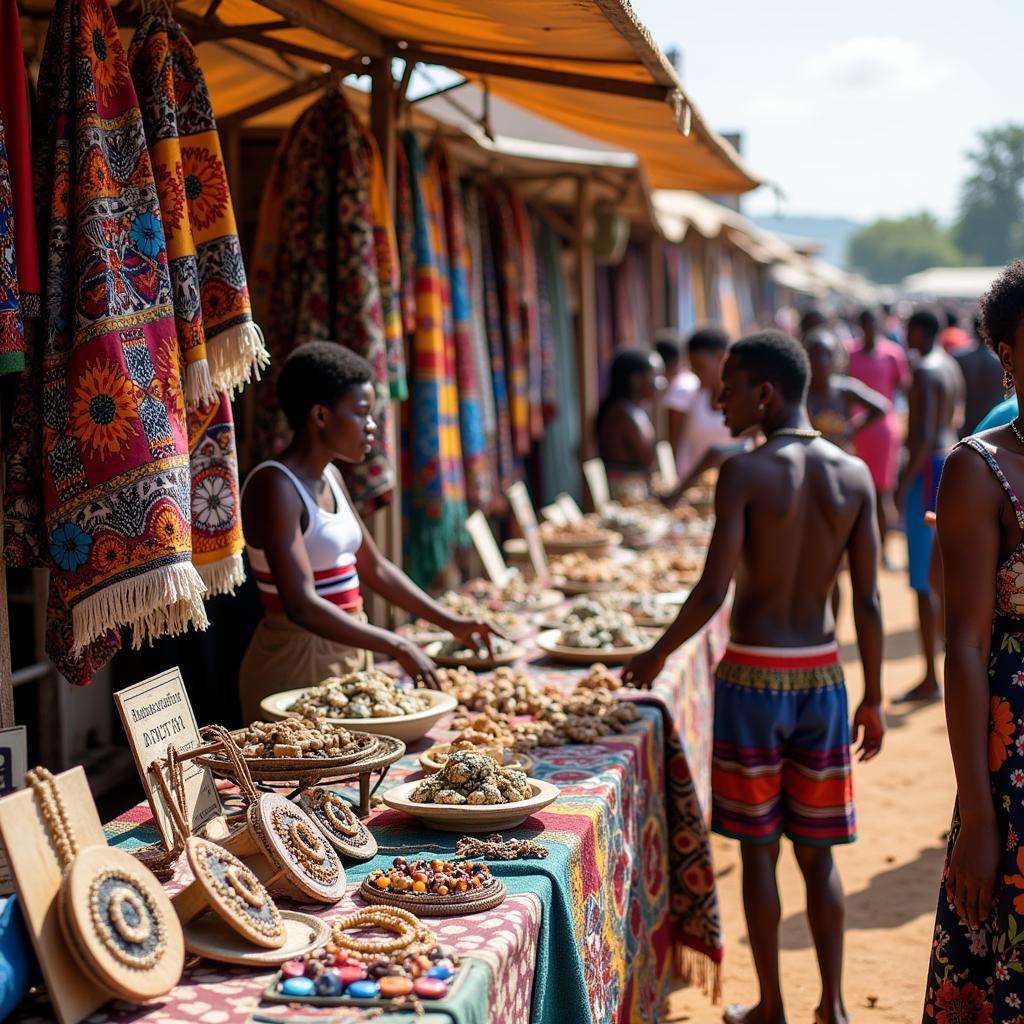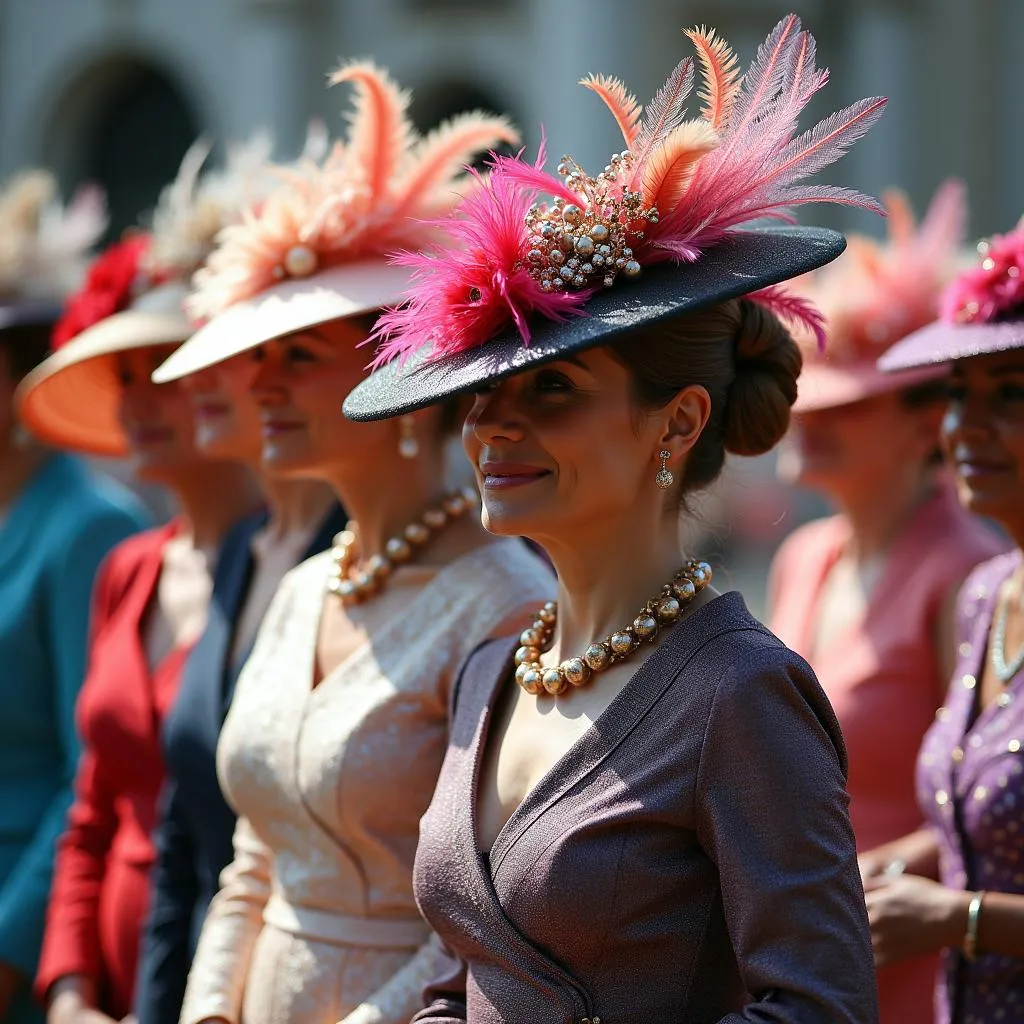Understanding Interracial Relationships in Africa
Interracial relationships in Africa are a complex and multifaceted topic, reflecting the continent’s rich history, diverse cultures, and evolving social norms. This article explores the historical context, cultural influences, and contemporary perspectives on interracial sex and relationships in Africa.
A Historical Overview of Interracial Relationships in Africa
Historically, interracial relationships in Africa have been shaped by various factors, including colonialism, trade, and migration. Colonialism, in particular, brought significant changes to the social fabric of many African societies, often leading to interactions and relationships between people of different racial backgrounds.
Trade routes across the continent also facilitated interactions and unions between different ethnic and racial groups, creating diverse communities and cultural blends. For example, the Swahili culture along the East African coast is a testament to the historical intermingling of African, Arab, and Asian populations.
Cultural Perspectives on Interracial Sex and Relationships
Cultural attitudes towards interracial relationships vary widely across Africa. Some communities have long-standing traditions of intermarriage and cultural exchange, while others hold more conservative views. It’s important to understand that these views are not static and are constantly evolving in response to globalization, urbanization, and changing social values.
In some African societies, interracial relationships are seen as a positive sign of integration and cultural exchange. They can be a way to bridge cultural divides, foster understanding, and create stronger communities. However, in other contexts, interracial relationships can still face stigma and prejudice, rooted in historical power imbalances and cultural biases.
The Impact of Globalization and Modernization
Globalization and modernization have played a significant role in shaping contemporary attitudes towards interracial relationships in Africa. Increased access to information, travel, and communication technologies has exposed people to different cultures and perspectives, leading to greater acceptance and understanding of diversity in relationships.
The rise of social media and online dating platforms has also facilitated connections between people of different backgrounds, making interracial relationships more common and visible. However, these platforms can also be breeding grounds for prejudice and discrimination, highlighting the ongoing challenges faced by interracial couples.
Addressing Challenges and Promoting Understanding
While interracial relationships are becoming increasingly accepted in many parts of Africa, challenges still exist. These include cultural misunderstandings, family pressures, and societal prejudice. Open communication, mutual respect, and a willingness to learn about each other’s cultures are essential for navigating these challenges.
Promoting understanding and acceptance of interracial relationships requires addressing the underlying biases and prejudices that fuel discrimination. Education, dialogue, and positive representation in media and popular culture can play a crucial role in fostering a more inclusive and tolerant society.
Conclusion
Interracial relationships in Africa are a reflection of the continent’s diverse and evolving landscape. While challenges remain, the increasing visibility and acceptance of these relationships represent a positive step towards a more inclusive and interconnected future. Understanding the historical context, cultural nuances, and contemporary perspectives surrounding interracial sex and relationships is crucial for fostering tolerance and celebrating the richness of human connection.
FAQ
- What are the legal implications of interracial marriage in Africa?
- How do cultural traditions influence interracial relationships in different African countries?
- What are some common challenges faced by interracial couples in Africa?
- How can families support interracial relationships?
- What resources are available for interracial couples seeking guidance and support?
- How is the portrayal of interracial relationships changing in African media?
- What is the role of education in promoting acceptance of interracial relationships?
Need support? Contact us 24/7: Phone: +255768904061, Email: kaka.mag@gmail.com, or visit us at Mbarali DC Mawindi, Kangaga, Tanzania.



